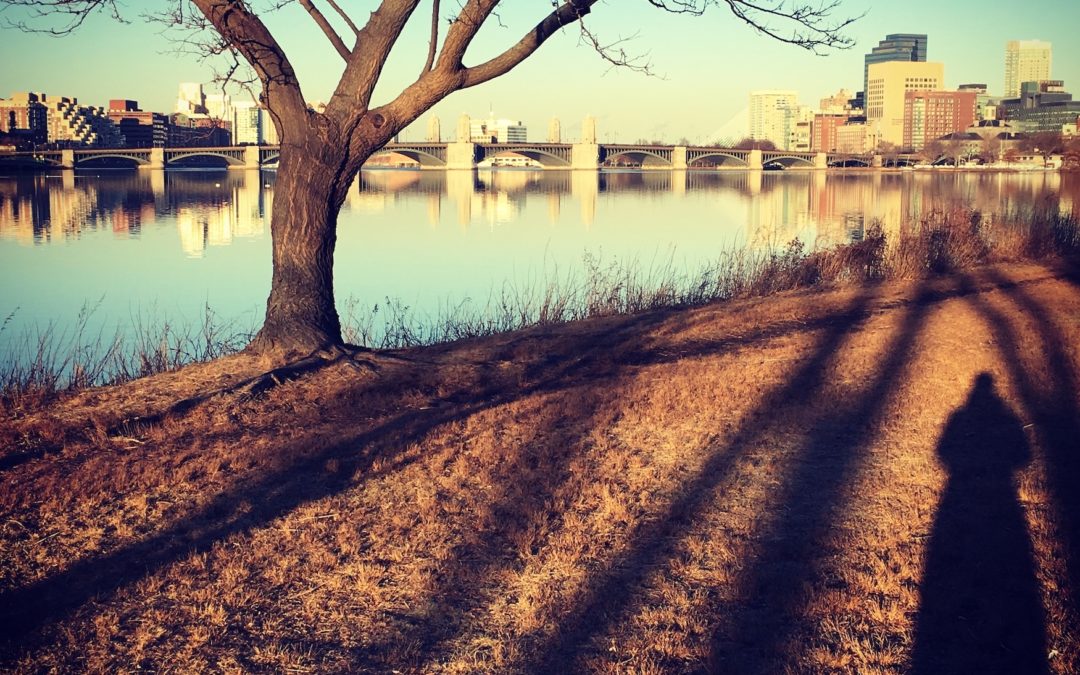Very few of us get through life without something bad happening to us. Maybe it’s a “regular” bad thing, the kind of event we expect to experience at some point in our lives. Like the deaths of loved ones, getting our heart broken by someone we cared for, being fired from a job we love (or one we hated anyway). Or maybe it’s something completely unexpected, something that has never happened to anyone you’ve ever met. Like a house fire, a mass shooting, a tornado that demolishes your town, or the murder of a family member.
At some point after any of these things happen, all most of us can do is just hold on. Wake up in the morning, try to remember to eat and get dressed in seasonally appropriate clothes, go to work or school or wherever you go during the day, and try to maintain some semblance of normalcy in public. And then do the same thing when you wake up the next day. And the next day after that.
In the early days, any talk of resiliency or toughness is, if my experience is any judge, just annoying. Early on, it’s hard to feel even the possibility of your situation getting better. Even when you intellectually know that you’ll heal, hearing a sentiment that things will improve (from people who almost always are trying to help) can feel invalidating. Sure, someday I’ll feel better, but right now every fiber of my being hurts, the entire world around me is swimmy, and everybody I see appears grayed out, like a next button at the bottom of a website when all the required fields have not been appropriately filled out and you aren’t allowed to move to the next page until you figure out what’s missing.
It’s ok not to be ok. And early on, we’re often just looking for someone to acknowledge that.
Having said all that, I will now annoy anyone who is currently feeling the weight of the world crushing their heart: What I know for sure is that things will get better. Someday. Whenever. As long as you just keep getting up in the morning. Living your life, even on autopilot. Seeing your friends and family and the people who inspire you, and who cherish you.
We all have our own levels of resiliency, our own levels of mental toughness. For some people someday is very soon. They’re able to stand up, brush off the dust, and move on. These are people either born more naturally resilient or who, through training or experience, have developed more resiliency.
For others, someday is an unknowable date in the distant future. Some of those people need help from friends and family to get on the path to healing, to find their own resiliency. Others may need the help of professionals to find their resilient selves.
There is much advice out there about how to build toughness, how to strengthen resiliency. It can seem kind of magical; it did to me when I first hear the word applied to the act of recovering from trauma. But mental resilience is really simple – it’s about facing challenges and moving on with our lives anyway. Like hitting a fallen branch in the street with your car after a windstorm. Maybe you just open the door, get out of the car, move the branch out of the way, then get back in and drive on. Maybe you need to change the now-flat tire before you move on. Maybe you need to call in the professionals – a tow truck to take it to the garage to fix the damaged front end. At some point, it could be hours, days or weeks, depending on the damage level, you’ll get back into the car (or into a new car if necessary, this analogy is not perfect). Then you’ll put on your seatbelt, turn on the engine, and drive yourself to where you need to go.
We are all resilient, and we all draw on that toughness when needed. The job once you get through those early days, once you can start truly thinking about healing and moving on, is to find ways to build on your own resiliency. The American Psychological Association has this great list of 10 ways to build resiliency. When you are able to keep your heart open to the strengths you already have you’ll find what you need to be even more resilient the next time something challenges you.

